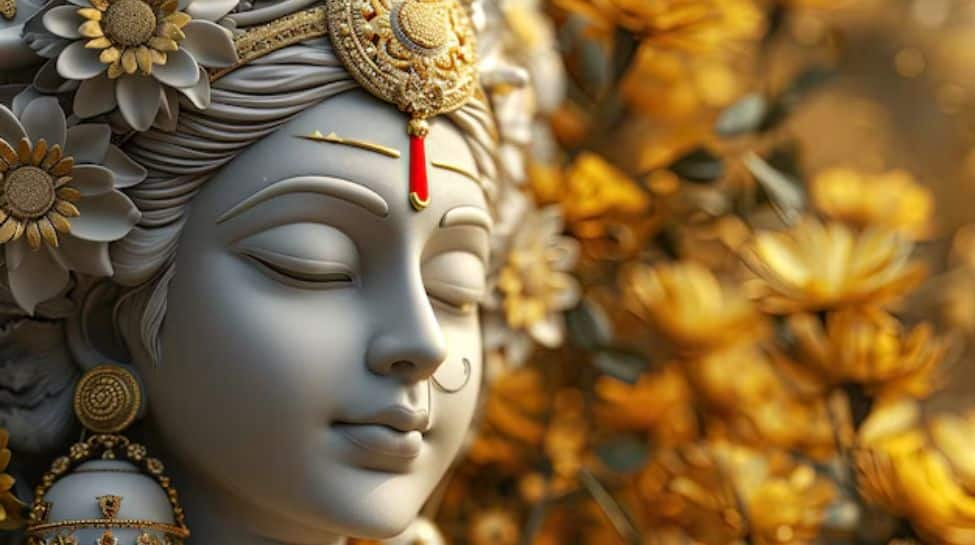This festival is celebrated enthusiastically by Hindus all over India. In Kerala it is called ‘Swargavathil Ekadashi’, while in South India it is known as ‘Mukkoti Ekadashi’. Devotees participate in prayers, yagyas, discourses and rituals in Vishnu temples around the world. Famous temples like Mahalakshmi Temple and Tirumala Venkateshwara Temple organize spectacular festivals. The temples of South India dedicated to Lord Vishnu are particularly known for their grand festivals, reflecting the vibrant cultural heritage of the region. These vibrant celebrations strengthen community bonds and deepen devotion. This year the holy fast of Vaikuntha Ekadashi is being observed on 10 January 2025.
Vaikuntha Ekadashi 2025: Date and Time
– Vaikuntha Ekadashi 2025 Date: 10 January 2025
-Ekadashi Tithi Start: 12:22 PM, 9 January 2025
-Ekadashi date ends: 10 January 2025, 10:19 am
Vaikuntha Ekadashi 2025: Parana Time
– Vaikuntha Ekadashi 2024 Parana Time: 07:15 AM to 08:21 AM, 11 January 2025
Note: Dwadashi ending moment on Paran day is 08:21 am.
Vaikuntha Ekadashi 2025: Significance
The utmost importance of Vaikuntha Ekadashi has been highlighted in the Padma Purana. Legend tells that Lord Vishnu battled a demon named Muran, who was creating chaos among the gods. To defeat Muran, Lord Vishnu went to a cave in Badarikashram, where a female energy appeared from him and defeated the demon. Lord Vishnu named this energy ‘Ekadashi’ and gave him a boon.
Ekadashi in its selflessness requests that those who fast on this day will be absolved of their past sins. Lord Vishnu declared that those who observe the fast will attain Vaikuntha. According to Vishnu Purana, Lord Vishnu had opened the gates of Vaikuntam for two demons who had asked for a boon. This began the tradition of building Vaikuntha Dwara (entrance) in Vishnu temples, allowing devotees to pass through it and attain salvation.
Vaikuntha Ekadashi 2025: Rituals
Special rules are followed during Vaikuntha Ekadashi fast. Samarth families usually observe the fast on the first day, while ascetics, widows and people seeking salvation observe the fast on the second day. Devotees seeking the blessings of Lord Vishnu can observe fast on both the days. Milk and seedless fruits are allowed during the fast, but rice, grains, vegetables and fruits with seeds are prohibited. Devotees are encouraged to engage in prayers, chant Vishnu mantras, and participate in yagyas and rituals in honor of Lord Vishnu.
On Vaikuntha Ekadashi, certain food items should be avoided, including cauliflower, brinjal, tomato and leafy vegetables. Spices, salt, curd, curd, buttermilk, coffee and tea are also prohibited. It is highly recommended to visit the temples of Lord Vishnu and participate in the rituals conducted on this day. By following these fasting guidelines, devotees can receive blessings and spiritual progress from Lord Vishnu.
Breaking the fast, called Parana, is an important ritual and should be done within the Dwadashi tithi after sunrise on the next day of the fast. It is important to avoid Parana during Hari Vasar, the first quarter of Dwadashi. The most auspicious time to break the fast is in the morning.
